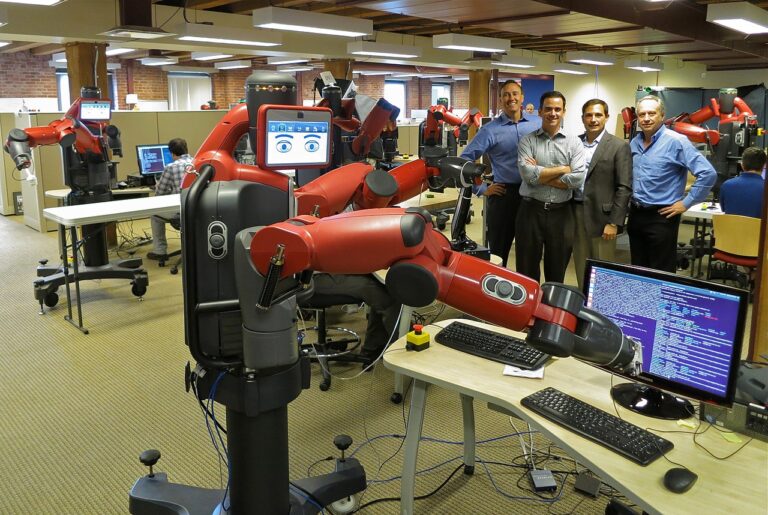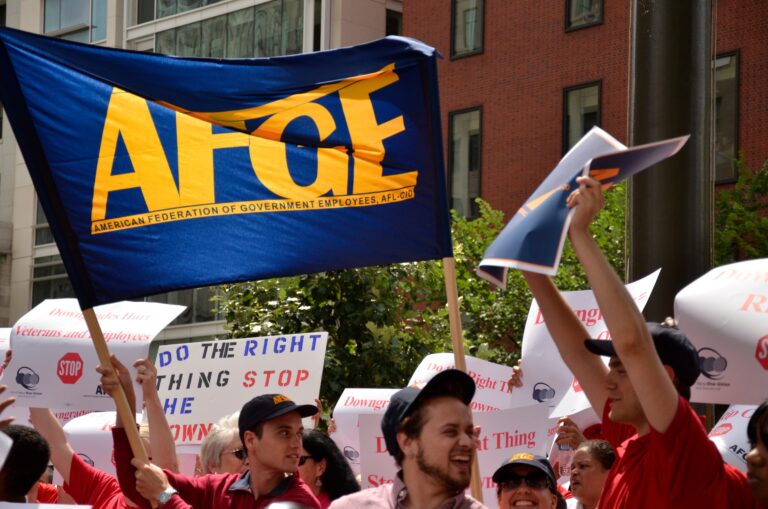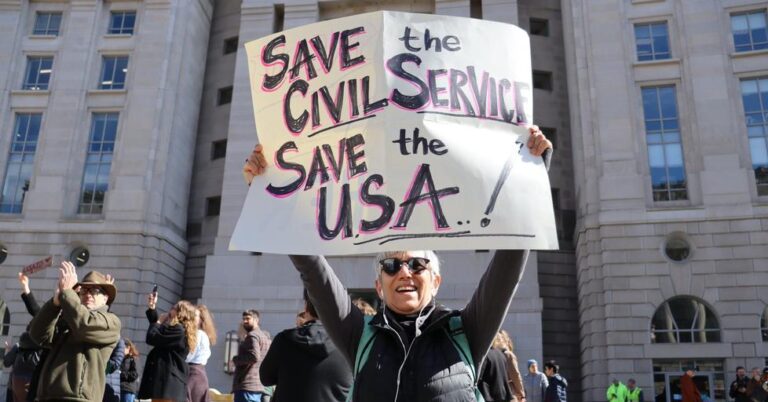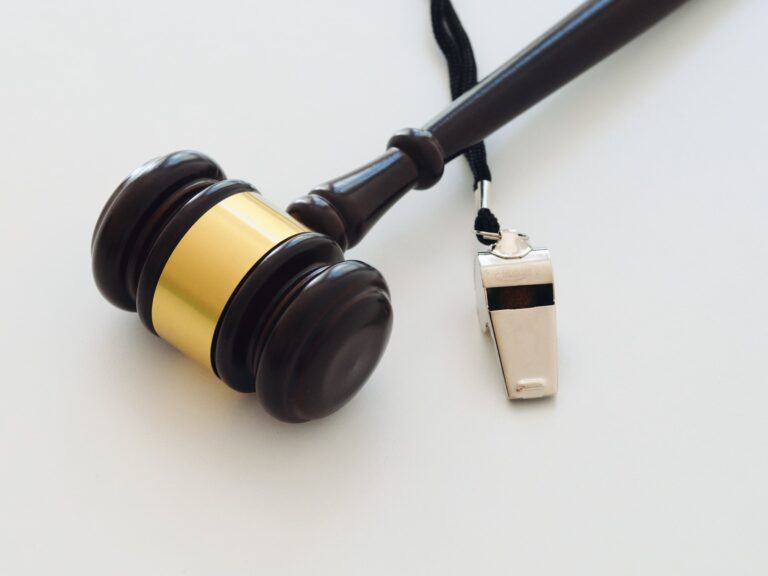Jon Weinberg is a student at Harvard Law School.
As Ryan highlighted in his post earlier this morning, the Seattle City Council unanimously passed historic legislation yesterday that gives independent contractor drivers the right to collectively bargain, including those for gig economy “transportation network companies” Uber and Lyft. The bill can be read in its entirety here.
Buzzfeed published a comprehensive summary on the legislation, the first of its kind passed by an American municipality, and its implications both in Seattle and nationally. Under the National Labor Relations Act, only drivers determined to be employees have collective bargaining rights. In Seattle, drivers would have similar rights despite their classification. Seattle Mayor Ed Murray will not sign the bill but also will not veto it, assuring its passage. The unionization process for Seattle drivers, if the bill survives legal challenges, will be as follows:
First, drivers will have to vote on whether they even want to seek representation as a group; if they do, they’ll have to select what group they want to be represented by. The city will approve groups that meet the necessary qualifications; they must be registered nonprofits experienced in negotiations between employers and contractors. Uber, Lyft and the other companies will then be required to share lists of people who work near full-time for them as drivers with the third-party group. The “near-full-time” classification will be based on a multi-part formula; to earn a vote, drivers have to work at least 80% of what full-time employment would be.
Professor Sachs noted that the Seattle City Council will almost certainly be challenged in court:
Benjamin Sachs, a Harvard Law School professor who has been following regulation of the gig economy closely, said Uber’s legal claims “will likely be federal labor preemption” (federal precedents that say contract workers can’t organize trumps local government) “and/or antitrust violations.” But, Sachs added: “There are very strong defenses to both legal attacks.”
The Teamsters supported the bill, and have set up an organization (the Apps-Based Drivers Association) that would aim to represent drivers should the law go into effect. Notably, the bill passed while Uber actively lobbies for state legislation mandating that drivers be classified as independent contractors. If other municipalities follow Seattle’s lead, Uber drivers may increasingly have a collective vehicle through which they can gain improved pay and benefits, no matter their worker classification.






Daily News & Commentary
Start your day with our roundup of the latest labor developments. See all
December 5
Netflix set to acquire Warner Bros., Gen Z men are the most pro-union generation in history, and lawmakers introduce the “No Robot Bosses Act.”
December 4
Unionized journalists win arbitration concerning AI, Starbucks challenges two NLRB rulings in the Fifth Circuit, and Philadelphia transit workers resume contract negotiations.
December 3
The Trump administration seeks to appeal a federal judge’s order that protects the CBAs of employees within the federal workforce; the U.S. Department of Labor launches an initiative to investigate violations of the H-1B visa program; and a union files a petition to form a bargaining unit for employees at the Met.
December 2
Fourth Circuit rejects broad reading of NLRA’s managerial exception; OPM cancels reduced tuition program for federal employees; Starbucks will pay $39 million for violating New York City’s Fair Workweek law; Mamdani and Sanders join striking baristas outside a Brooklyn Starbucks.
December 1
California farmworkers defend state labor law, cities consider requiring companies to hire delivery drivers, Supreme Court takes FAA last-mile drivers case.
November 30
In today’s news and commentary, the MSPB issues its first precedential ruling since regaining a quorum; Amazon workers lead strikes and demonstrations in multiple countries; and Starbucks workers expand their indefinite strike to additional locations. Last week, the Merit Systems Protection Board (MSPB) released its first precedential decision in eight months. The MSPB had been […]